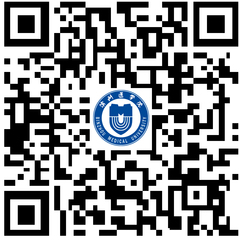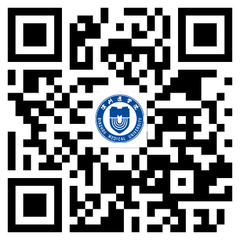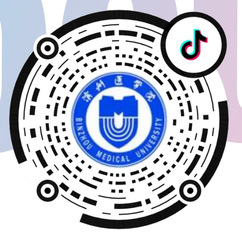I. Profile
The Laboratory of Traditional Chinese Medicine Syndrome Research (hereinafter referred to as the "Laboratory") was approved as a provincial key laboratory in May 2013, under the strong support of the Shandong Provincial Department of Finance and relevant departments. This Laboratory relies on the national key clinical disciplines of integrated traditional Chinese and western medicine and mainly uses Topology theory, massive data management technology, data mining technology and system pharmacology methods to carry out basic and clinical research on TCM syndromes.
The Laboratory area is about 500 square meters. At present, there has constructed a new research center for the data structure of traditional Chinese medicine syndromes, a traditional Chinese medicine research institute, a traditional Chinese medicine immersion specimen room, a traditional Chinese medicine wax leaf specimen room, and a Chinese medicine simulation clinic, and improvement will be made in the herbal garden, traditional Chinese medicine specimen room, and traditional Chinese medicine pharmacology, traditional Chinese medicine diagnostic laboratories, and acupuncture and massage training rooms.
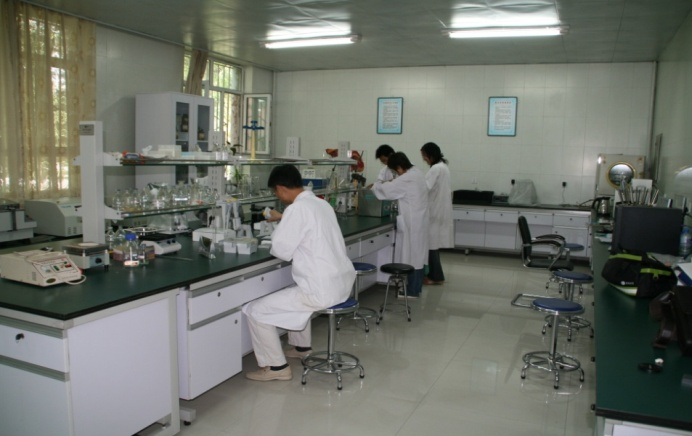
II. The Team
The Laboratory Director, Yu Donglin, male, doctor of medicine, associate professor, master candidate advisor, postdoctoral researcher at the Institute of Basic Theory of Chinese Medicine, China Academy of Chinese Medical Sciences, has been long engaged in the research on syndrome differentiation of traditional Chinese medicine, presided over the general project of the China Postdoctoral Foundation, and the scientific research of universities in Shandong Province, participated in a number of national and provincial and ministerial-level projects, edited the textbook “Guide to Traditional Chinese Medicine”, compiled as an associate editor “Symptoms of Traditional Chinese Medicine Research”, compiled as a member of the editorial board “Chinese Medicine: Five Internal Organs Function Positioning Atlas” and “Principles of Pre-Disease Evaluation”, published more than 40 scientific research papers in national core journals, won the Binzhou Social Science Outstanding Achievement Award, Shandong Medical Association Medical Education Outstanding Paper, and the title of Young Backbone Teacher of Binzhou Medical University, Binzhou Medical University's 2018 Excellent Teacher and others.
There are 27 permanent staff in the laboratory, of which 26% are with senior academic titles, 37% are with associate senior titles, and 37% are with intermediate titles. Among all the personnel, 73% are with doctoral degrees, master's degrees 23%, and bachelor's 4%. For age structure, 30% are under 35 years old, 54% are 36 to 45 years old, 14% are 46 to 55 years old, and 2% are over 56 years old. Team members graduated from Hong Kong Baptist University, China Academy of Chinese Medical Sciences, Shandong University, Jinan University, Beijing University of Chinese Medicine, Heilongjiang University of Chinese Medicine, Shandong University of Chinese Medicine, Guangzhou University of Chinese Medicine and other well-known domestic institutions. More than 40% of the members have co-related scientific research results among each other, and cooperate closely. The overall educational level is relatively high, the title and academic relationship structure is reasonable, the old, middle and young generations are connected, and the reserve force is strong. The team has strong scientific research ability and clinical teaching ability, harmonious relationship among members, and strong collaboration ability.
III. Academic Achievements
In recent years, the Laboratory has closely focused on the research direction and has taken the lead in undertaking 6 national scientific research projects, more than 10 provincial and ministerial projects, and has carried out a number of cooperative research and academic exchanges with China Academy of Chinese Medical Sciences, Hong Kong Baptist University, Xinjiang Shihezi University, Yantai University, and Yantai Addiction Rehabilitation Center with a total scientific research funding of more than 17 million yuan. The Laboratory has published more than 100 scientific research papers, including more than 20 SCI papers, applied for 4 domestic invention patents, won 2 Second Prizes of Shandong Province Natural Science, Xinjiang Production and Construction Corps Science and Technology Cooperation Award, and Chinese People’s Liberation Army Medical Achievement Award, the Third Prize of Shandong Provincial Science and Technology Progress Award, etc., and has lead the joint application of Shandong Province Key R&D Projects with Yantai Juxian Pharmaceutical Co., Ltd. to study the screening and improvement of anti-tumor drugs.
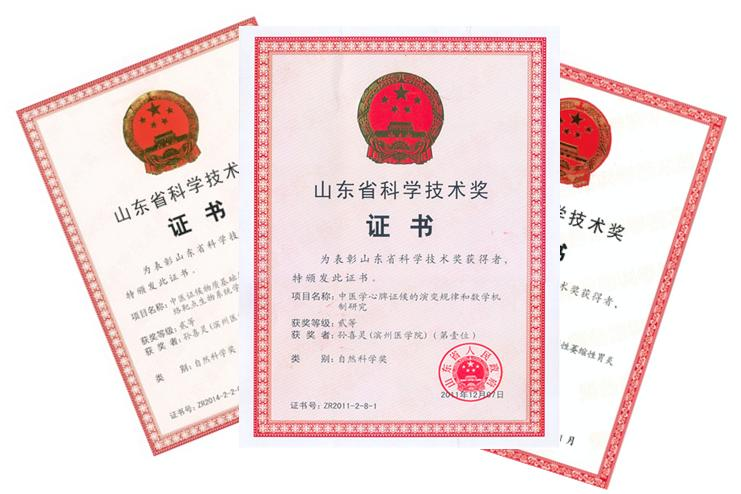
IV. Infrastructure
The laboratory has 174 instruments and equipment, 94 newly purchased equipment, 1 workstation and 20 computers. The specimen room displays more than 600 kinds of traditional Chinese medicine decoction pieces specimens and more than 300 kinds of traditional Chinese medicine wax leaf specimens and immersion specimens. The herbal garden occupies an area 40 acres, being divided into three areas of arbor and shrub area, vine woody plant area and herbaceous plants area, with more than 300 kinds of Chinese medicines. More than 400 kinds of Chinese medicine decoction pieces are selected in the simulation clinic of Chinese medicine, providing teaching and medical services for teachers and students.


